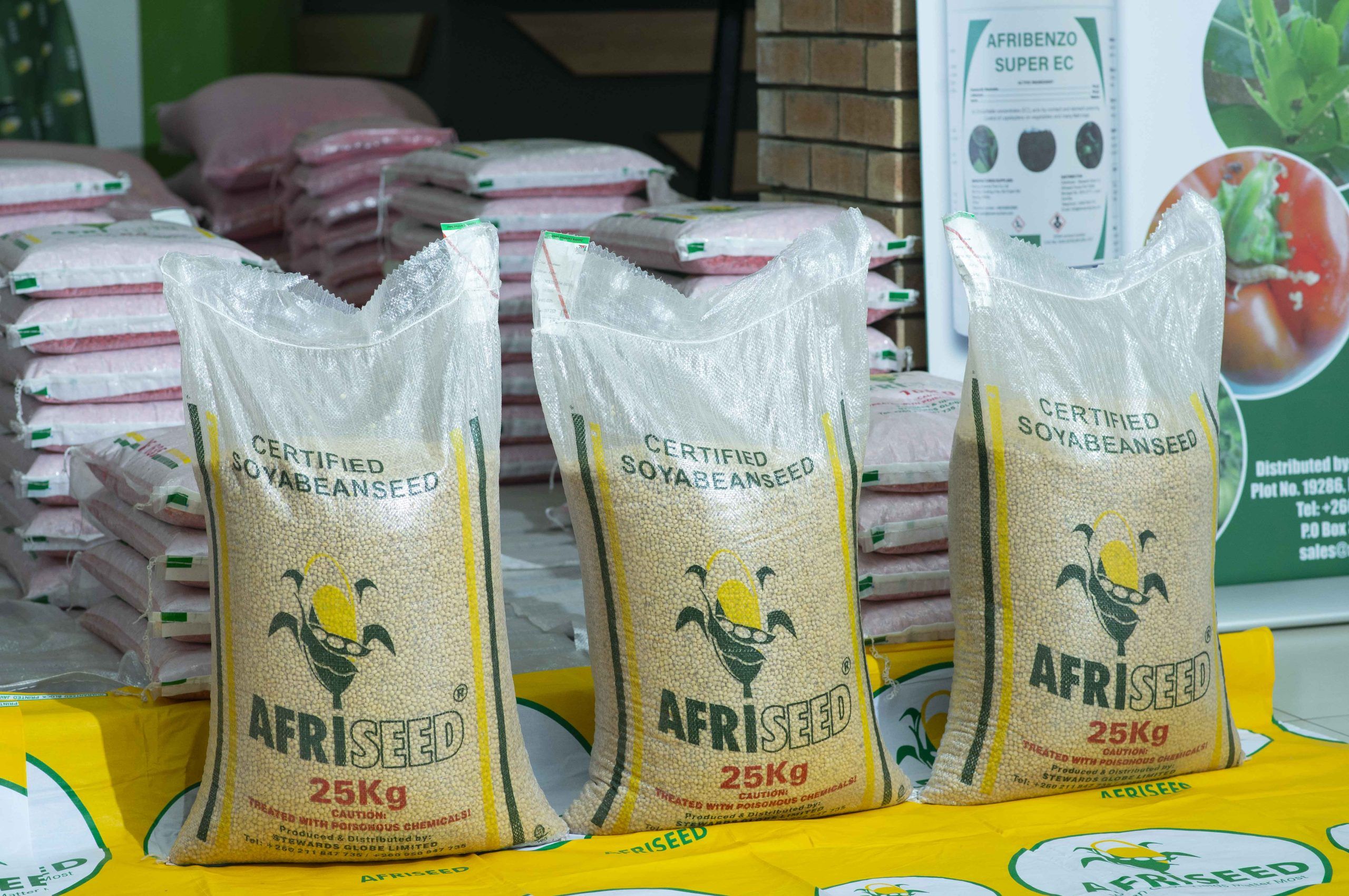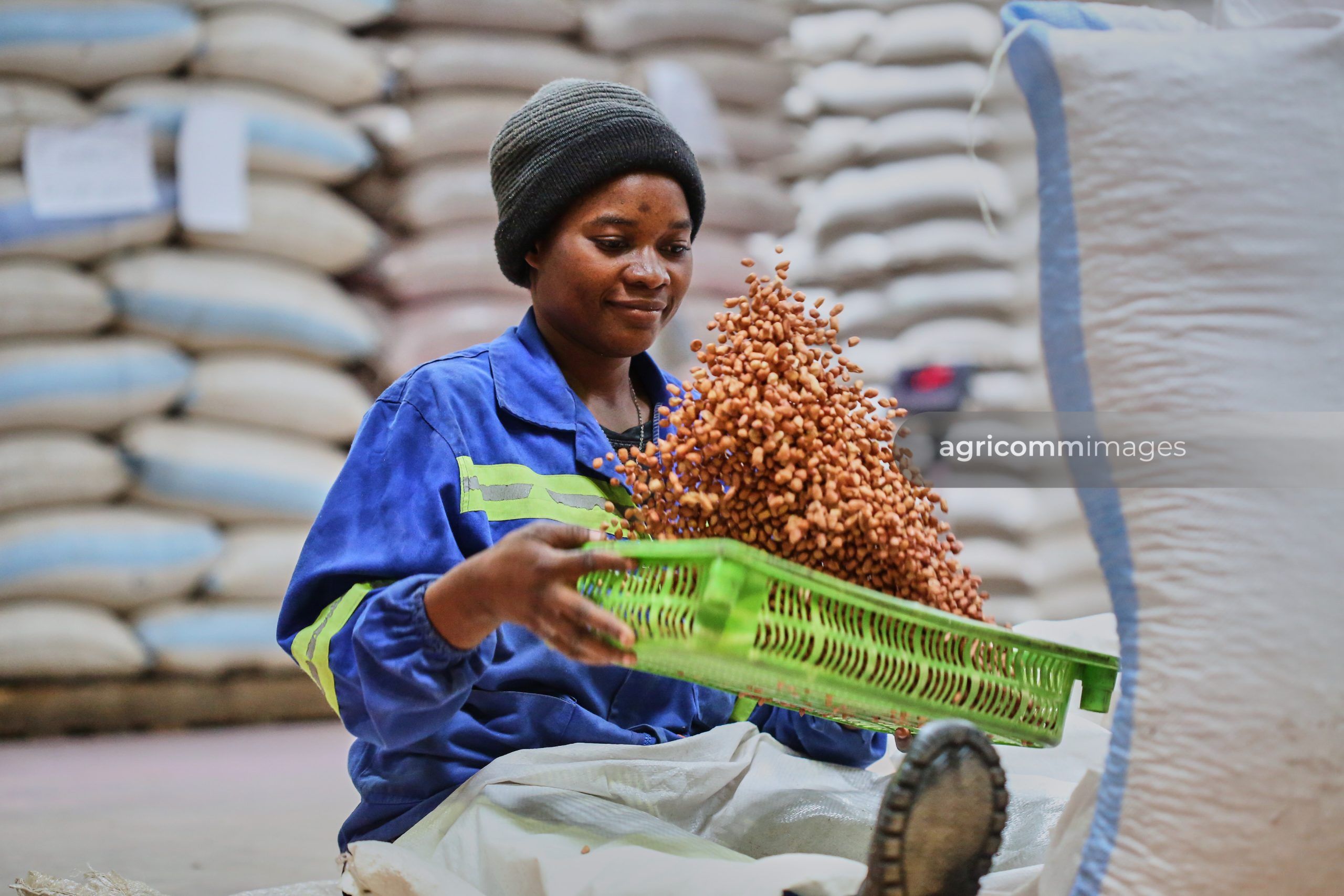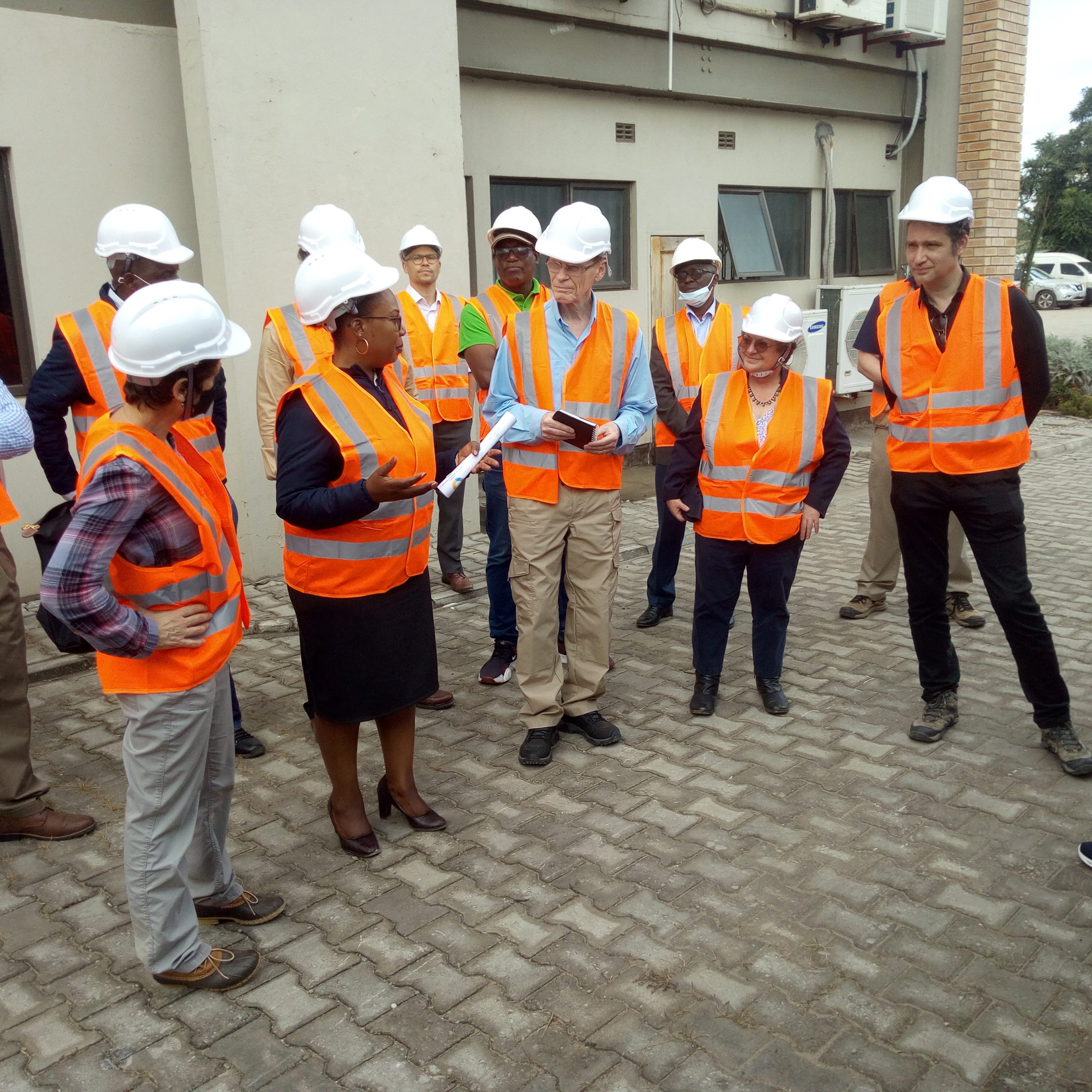Afriseed: How improved legume seed can help transform Zambia’s agrifood systems
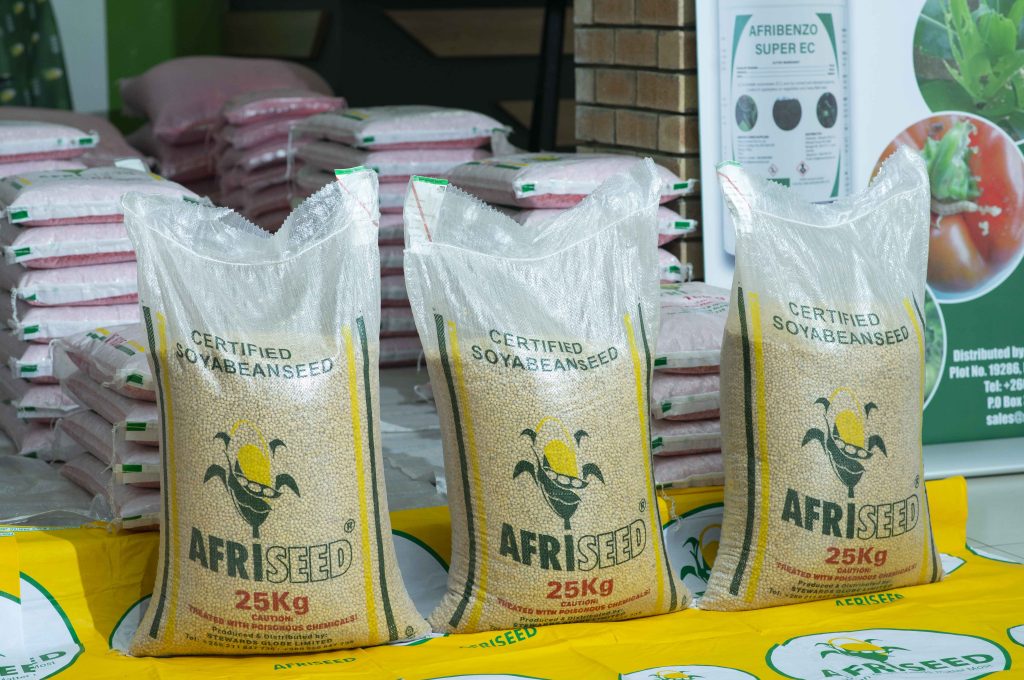
In Zambia, smallholder farmers obtain their seed from a variety of sources. Over 75 percent of farmers in Zambia have adopted certified maize seed and about 30 percent in southern Africa, overall. The private sector has been instrumental in creating demand for certified and timely delivery of seed to remote areas, and the Government of Zambia’s Farmer Input Support Programme (FISP) has largely contributed to better accessibility to certified seed for farmers. In 2022–2023, of the three million registered smallholder farmers in Zambia, more than one million accessed certified seed through FISP.
Afriseed is a seed company in Zambia that has been gaining ground in local seed markets. It has emerged as a catalyst for helping smallholder farmers transition to new, high-yielding legume varieties. Afriseed provides solutions to help smallholders increase their agricultural productivity with improved seed varieties of cereals and legumes and assist them with technology transfer. The company aims to increase the food security and incomes of Zambia’s smallholder farming community, which accounts for 90 percent of agricultural output in the country. During the 2022–2023 farming season, a critical turning point was reached when Afriseed became a partner in the Southern Africa Accelerated Innovation Delivery Initiative (AID-I) Rapid Delivery Hub, or MasAgro Africa, a two-year project under CIMMYT, with the aim of scaling-up production of certified seed varieties of soybean and common bean.
Under the partnership, Afriseed promotes the cultivation of improved legume seed through a smallholder farmer seed multiplication approach. By engaging with practicing smallholder farmers and signing grower contracts, basic seeds are multiplied into certified seed for soybean and common bean. Certified seed is a known variety produced under strict seed certification standards to support varietal purity. In collaboration with the Seed Control and Certification Institute (SCCI), the country’s national seed authority, contracted farmers received training on climate-smart agricultural techniques and seed production guidelines. Through extension services to seed growers, smallholder farmers can adhere to the seed production guidelines set out in the National Seed Act to ensure the quality of certified seed produced.
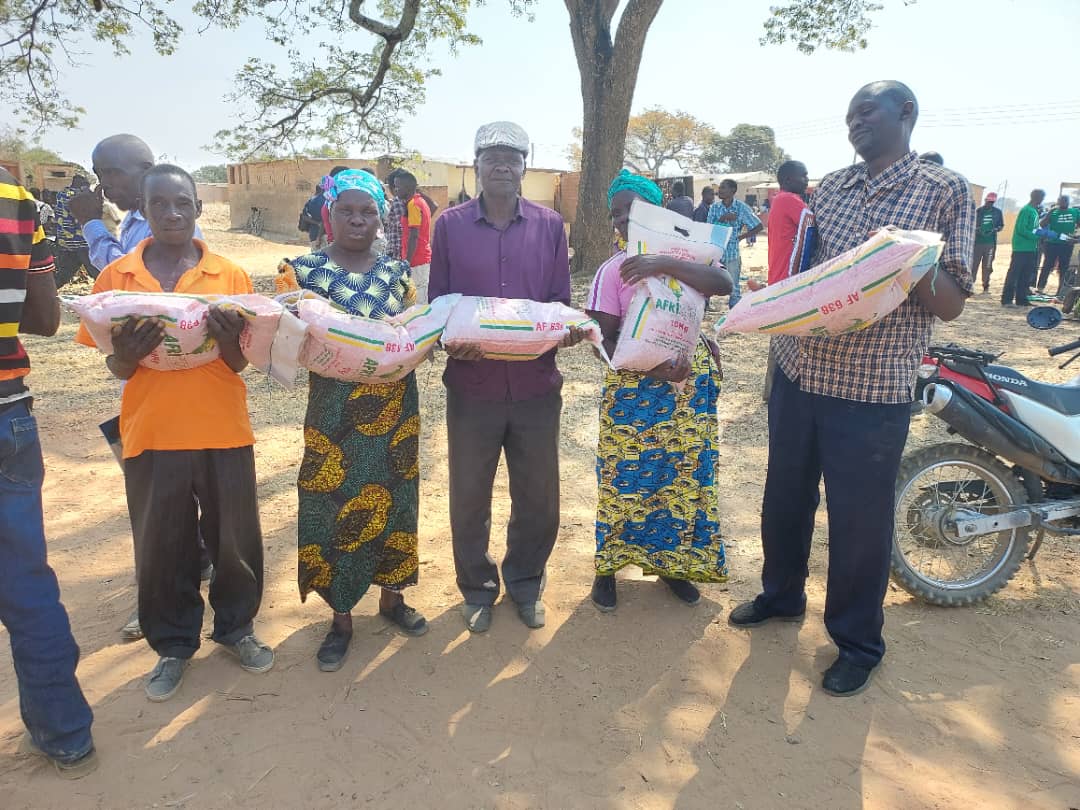
Afriseed has invested more than USD 335,000 toward supporting the production, aggregation, and processing of 317 t of certified climate-smart legume seeds—265 metric tonnes (MT) for soybean and 52 MT for common bean. Data have shown that the seeds were aggregated from 313 smallholder seed growers, 40 percent of whom were women, in Zambia’s Eastern Muchinga, Copperbelt and the Northern provinces. Seed aggregation improves access to quality seed varieties, increases crop yields and incomes, enhances integration into value chains, and creates market links for smallholder farmers.
Notable progress has been made with the contracted farmers, who have applied improved crop management practices and technologies on more than 600 ha of land to produce the seed. With this encouraging progress, Afriseed intends to scale up its last-mile seed distribution strategy to reach and directly help an estimated 35,000 underserved rural smallholder farming households with improved legume seeds in the 2023–2024 cropping season.
AID-I is one of the ways in which Feed the Future, the U.S. Government’s global food security and hunger initiative led by USAID, is taking immediate action to help cushion the blow of high fuel and fertilizer prices on farmers. One of the project’s initial actions is to strengthen local seed systems so that agribusinesses can reach smallholder farmers with a diversity of improved seeds varieties, including climate-resilient and more nutritious varieties for maize and legumes.
